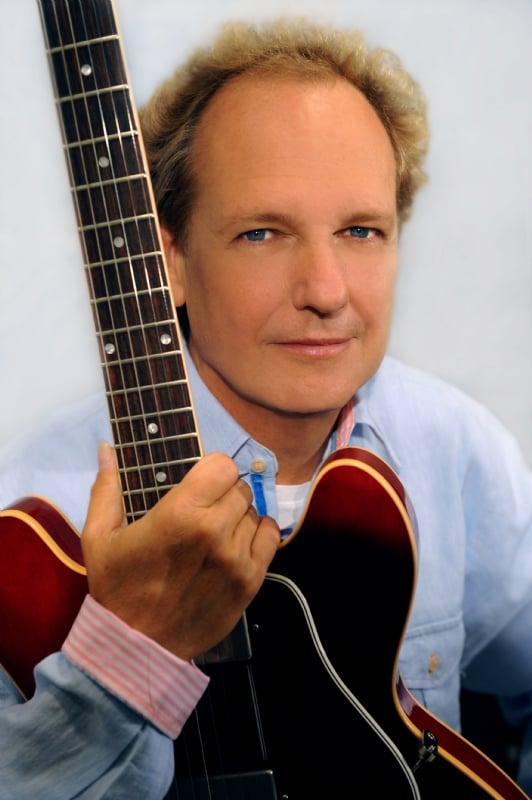Main Menu
Lee Ritenour On The Line Rar
вторник 26 марта admin 40
August 30, 2009 Lee Mack 'Captain Fingers' Ritenour is a guitarist, recording artist, composer and producer. He began his career at the age of 16 and has appeared on over 3000 sessions, recorded over 40 albums, and has charted over 30 instrumental and vocal contemporary jazz hits since 1976.[1] He is probably best known for the hit 'Is It You' in 1981. Ritenour is considered to be a pioneer in the smooth jazz and jazz-funk genres of music.
This Lee Ritenour twin pack consists of two albums that were originally recorded by JVC for the Japanese market and saw release in the U.S., almost as an afterthought. The proof of this is that Rio and On the Line were licensed for American issue first by Elektra before getting their subsequent GRP packages.
Biography Ritenour was born January 11, 1952 in Los Angeles, California. He played his first session when he was 16 with the Mamas & the Papas and given the moniker, 'Captain Fingers', because of his manual dexterity on the guitar. Ritenour was a sought-after session guitarist by the mid-1970s, and won Guitar Player Magazine’s Best Studio Guitarist twice in the 1970’s.
He is noted for playing his red Gibson ES-335 and his Gibson L5 guitars. Lee on stage One of his most notable influences is the pioneering jazz guitarist Wes Montgomery among others like Joe Pass, Kenny Burrell and John Mcglaughin.
It's stylish and honestly feels more like an extended music video in some parts. Curtis mayfield greatest hits cd. This remake hits all the right notes and it updates it for today's audiences but it doesn't really bring anything new or noteworthy to the mix.
His prolific career includes a Grammy Award for the collaboration work Harlequin (1985), and 17 other Grammy nominations. Ritenour also holds the distinction of having two of the promotional videos for his songs 'Is It You' and 'Mr. Briefcase' being played during MTV’s first day. Ritenour has been at the top of many guitar polls throughout the world. Style Ritenour’s solo career began in 1975 with the recording of his album First Course.
Released in 1976, the album gave a strong representation of the mid-1970s L.A. Jazz/Funk sound. Orange movie background music ringtones free download. Critics did, however, complain that his first album was 'lightweight.' So Lee countered this with his strongly fusion-based follow up, Captain Fingers. This was followed by two more fusion efforts—The Captain’s Journey (1978) and Feel The Night (1979). On these albums, Ritenour primarily used something of a rich, yet rock-oriented distorted guitar sound, coming from his Gibson ES-335 guitar.
In other instances on these albums, clean sounds were heard coming from his Gibson L5 and classical acoustic guitars (he played his classical acoustic guitars almost exclusively on his album Rio in 1979). In the 1970s, Ritenour would often use effects like wah-wah, phasers, chorus, and flangers on his electric instruments.
Also, during the late 1970s, Ritenour can be heard using the 360 Systems guitar synthesizer (he is pictured sitting in front of it on the back cover of his Captain Fingers album). He can be heard using the synthesizer on the track Captain Fingers (from the album with the same title), and can also be heard playing solo with the synthesizer on the song 'What Do You Want?' From 'The Captain’s Journey.' In 1979, Ritenour 'was brought in to beef up one of [ Pink Floyd’s ] The Wall’s heaviest rock numbers, ‘Run Like Hell’.' [2] He also played 'uncredited rhythm guitar' on 'One Of My Turns'.[3] As the 1980s began, Ritenour began to add stronger elements of pop to his music, beginning with Rit in 1981. For this, he kept with his distorted sound, now using his Ibanez LR-10 signature model guitar.
